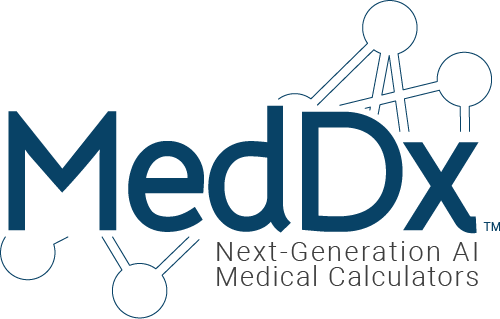Machine learning has revolutionized various industries, and the field of medicine is no exception. With the advancement of technology, medical professionals are now able to leverage machine learning algorithms to assist in diagnosing diseases, predicting outcomes, and making treatment decisions.
One of the challenges in implementing machine learning in healthcare is the lack of easily accessible and reliable tools. That’s where a crowdsourced repository of peer-reviewed medical machine learning calculators can play a crucial role. This repository can serve as a centralized platform for medical professionals to access and contribute to a collection of validated calculators.
What are medical machine learning calculators?
Medical machine learning calculators are algorithms that use data and statistical models to predict or estimate various medical parameters. These calculators can be used for a wide range of purposes, such as predicting the risk of developing a disease, estimating the likelihood of treatment success, or determining the prognosis of a patient.
By utilizing large datasets and complex algorithms, medical machine learning calculators can provide more accurate and personalized predictions compared to traditional methods. They can take into account a variety of factors, including patient demographics, medical history, genetic information, and imaging data, to generate predictions that are tailored to individual patients.
The benefits of a crowdsourced repository
A crowdsourced repository of peer-reviewed medical machine learning calculators offers several advantages to the medical community:
- Centralized access: Having a centralized repository allows medical professionals to easily find and access a wide range of validated calculators in one place. This saves time and effort in searching for and evaluating different tools.
- Quality assurance: Peer-reviewed calculators ensure that the algorithms have undergone rigorous evaluation and validation by experts in the field. This helps to maintain a high standard of accuracy and reliability.
- Collaboration and improvement: A crowdsourced repository encourages collaboration among medical professionals, researchers, and data scientists. It provides a platform for sharing knowledge, exchanging ideas, and improving existing calculators.
- Transparency and accountability: By making the calculators and their underlying algorithms openly available, the repository promotes transparency and allows for independent verification of results. This enhances trust and confidence in the predictions generated by the calculators.
- Continual updates: As new research and data become available, the repository can be regularly updated with the latest calculators and improvements. This ensures that medical professionals have access to the most up-to-date tools for decision-making.
The future of medical machine learning calculators
The field of medical machine learning is rapidly evolving, and the development of a crowdsourced repository of peer-reviewed calculators is an exciting step forward. As more medical professionals contribute to and utilize the repository, it has the potential to become a valuable resource for evidence-based decision-making in healthcare.
However, it is important to note that machine learning calculators should not replace clinical judgment or the expertise of healthcare professionals. They should be used as aids to support decision-making and provide additional insights.
In conclusion, a crowdsourced repository of peer-reviewed medical machine learning calculators can greatly benefit the medical community by providing easy access to validated tools, promoting collaboration and improvement, and enhancing transparency and accountability. As the field of machine learning continues to advance, this repository has the potential to revolutionize evidence-based medicine and improve patient outcomes.

